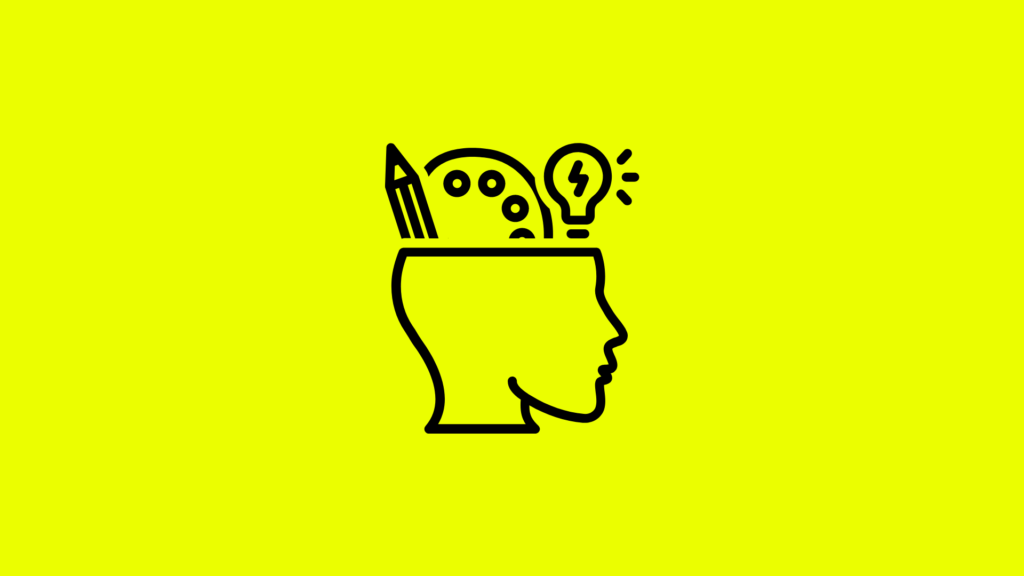“The more that you read, the more things you will know. The more that you learn, the more places you’ll go.” ― Dr. Seuss
As a digital native, I’m constantly fascinated by the world of technology and the endless possibilities it offers. From coding to graphic design, there’s no denying that digital skills are becoming increasingly important in today’s society. In this article, I’ll share my thoughts on the fastest way to learn a digital skill, and in this week’s issue of Digital Discourse (My weekly newsletter), I’ll provide some tips and links to resources that will help you get started.
What is a digital skill?
Before diving into the details of how to quickly learn a digital skill, let’s first define what we mean by the term. A digital skill is essentially any skill that is related to the use of technology, including but not limited to coding, graphic design, digital marketing, web development, data analysis, and more.
Why should you learn a digital skill?
There are several ways that learning a digital skill can be beneficial. For one, it can open up new career opportunities, as many employers are now looking for candidates with digital skills. Also, having a digital skill will make you more valuable to your current employer, as you can help with digital projects and initiatives.
It can also be personally fulfilling. It allows you to create and share your ideas with the world in new and exciting ways and offers you the possibility to create multiple streams of income from almost nothing. A lot of successful young people I know today often say that they can trace their success back to learning a digital skill.
I find that the challenge most people have with learning digital skills is that they start and give up somewhere along the line because it seems to take too long to turn into a profit. So let’s look at some ways to speed up the learning process.
What is the fastest way to learn a digital skill?
There’s no one-size-fits-all approach. However, there are a few tips and strategies that can help you learn more efficiently and effectively.
The first step is to define your learning goals
What do you want to achieve by learning this skill? Do you want to create your own website, or land a job in the tech industry? Having a clear goal in mind will help you stay focused and motivated throughout the learning process and reduce the chances of you giving up by a whole lot.
Break the skill down into smaller, manageable pieces
For example, if you’re learning how to code, you might start with learning the basics of HTML and CSS before moving on to more advanced concepts. This will help you build a strong foundation and avoid feeling overwhelmed.
Practice consistently
“For the things we have to learn before we can do them, we learn by doing them.” ― Aristotle,
Learning by doing means setting aside dedicated time consistently to practice your skill, and actively seeking out opportunities to apply what you’ve learned. If you’re learning graphic design for example, you can work on dummy projects or even offer to do free designs for businesses around you in order to practice the design techniques that you’re learning.
Learn from others
Whether it’s through online courses, forums, mentorship or a Youtuber whose channel you stumbled upon, learning from others will help you avoid common pitfalls and accelerate your learning. Your instructors or mentors will also guide you in breaking down the learning process.
Assign a deadline to your learning goals
This might be the single most important piece of advice in this article.
Parkinson’s Law states that work expands to fill the time allotted for its completion. This means that if you allot a year to learning how to build a website, then it will take you a year to do it, and if you allot a month to it, then it will only take you a month.
Whenever I discover that it’s taking me a long time to get something done, I simply set a close-up deadline for it, and like magic, I somehow find the capacity to get it done just before the deadline. Works like a charm. You can apply this same strategy to learning anything. — Just set a deadline.
Another very important thing to note is that you shouldn’t worry about how it’s going to play out. We often bother ourselves with the fears of being a novice, not knowing what step to take next, feeling confused or overwhelmed… these fears will only keep you from starting, so let go of them. Don’t worry about how the learning process will go. Just start.
While you can speed up learning the fundamentals of a digital skill, you have to stay curious and remain persistent in order to become a master of that skill because the world of technology is constantly evolving, and there’s always something new to discover. So go ahead and take the plunge – the world of technology awaits you!
If you liked this, you’ll love Digital Discourse — my weekly newsletter. In the next issue of Digital Discourse, we’ll look at how you can learn high-in-demand digital skills for free. Sign up here.


Thanks for sharing Vicky
My pleasure! 💜